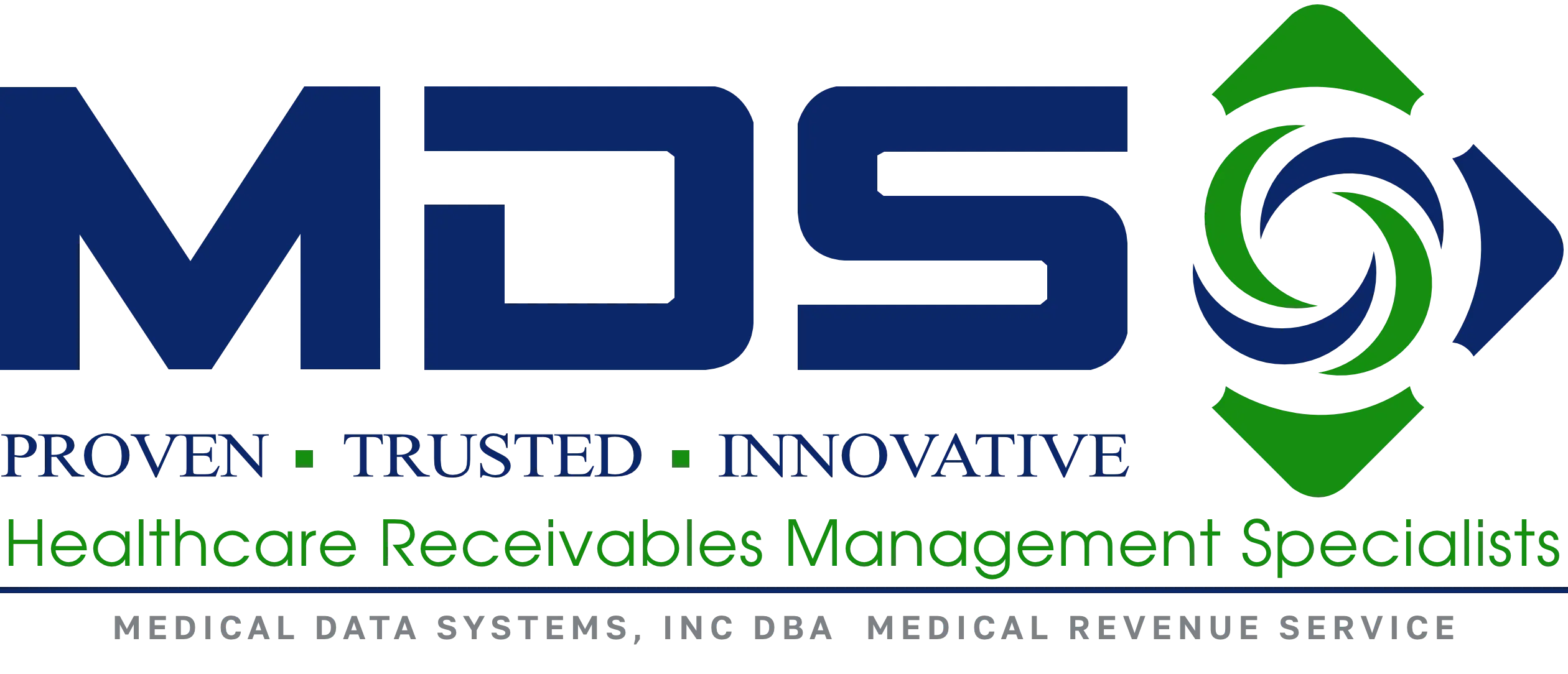Effective patient communication is crucial in healthcare settings, especially when addressing issues related to medical debt. Clear, empathetic, and transparent communication can significantly reduce misunderstandings and disputes, leading to better patient outcomes and satisfaction.
1. Establish Clear Financial Policies
Clear communication in healthcare is essential for reducing medical debt disputes. Healthcare providers should set transparent financial policies that are explained to patients early in their care journey. This includes outlining payment expectations, insurance coverage details, and any potential out-of-pocket expenses that may be incurred.
Providing written information supports verbal discussions and ensures patients have access to the details later. Clear communication in healthcare about billing processes helps prevent confusion and builds patient trust. For instance, educating patients on common medical billing mistakes is a crucial step in preventing disputes caused by misunderstandings or errors.
2. Implement the Teach-Back Method
The Teach-Back Method involves asking patients to repeat information in their own words to confirm understanding. This technique is particularly effective in ensuring patients comprehend their financial obligations and the details of their treatment plans. It also provides an opportunity to clarify any misunderstandings before they lead to disputes.
3. Offer Financial Counseling Services
Many patients struggle with not paying medical bills simply because they feel overwhelmed or unclear about their financial responsibilities. Financial counseling services enhance communication in healthcare by helping patients understand their bills, clarify charges, and establish payment plans that align with their budgets.
This personalised support can alleviate financial stress and prevent unpaid bills from escalating into disputes. For further insight on reducing bad debt in healthcare, check out the guide on what bad debt is in healthcare and how to reduce it.
4. Utilize Patient Portals for Billing Transparency
Patient portals allow individuals to view their medical bills, insurance claims, and payment history online. By offering this transparency, patients can track their expenses and address discrepancies promptly, leading to fewer misunderstandings and disputes over charges.
5. Foster Open Lines of Communication
Open communication in healthcare encourages patients to voice any concerns about their bills before they decide not to pay medical bills. When healthcare teams create a supportive environment where financial questions are welcomed, patients are more likely to work collaboratively on payment solutions.
Effective communication helps identify financial difficulties early, allowing providers to offer assistance and prevent unpaid bills from escalating into disputes.
6. Provide Multilingual Support
Language barriers can significantly impact the importance of communication in healthcare, especially when it comes to understanding medical bills. Offering billing information and support in multiple languages ensures that non-English-speaking patients fully grasp their financial responsibilities, which helps reduce confusion and the risk of disputes.
By prioritising clear and accessible communication, healthcare providers demonstrate their commitment to inclusivity and patient care. This approach not only supports timely payments but also strengthens trust and satisfaction among diverse patient populations.
7. Implement Payment Plan Options
Offering flexible payment plans is a practical way to provide help with medical debt. By accommodating different financial situations, healthcare providers make it easier for patients to manage their medical expenses without feeling overwhelmed.
These payment options prevent overdue bills from turning into disputes and help maintain positive patient relationships. Flexible plans also demonstrate understanding and support, encouraging patients to communicate openly about their ability to pay, which is vital for effective patient communication and overall financial health.
8. Regularly Review and Update Billing Practices
Healthcare providers should regularly assess and update their billing practices to ensure they are clear, fair, and in line with current regulations. Regular reviews can help identify potential areas of confusion or inefficiency that could lead to disputes, allowing for timely improvements.
Final Thoughts
Implementing these patient communication strategies can significantly reduce medical debt disputes, resulting in improved patient satisfaction and better financial outcomes for healthcare providers. By fostering clear, empathetic, and transparent communication, healthcare organizations can build trust and ensure that financial matters do not overshadow the quality of care provided.
At Medical Data Systems, Inc., we recognize the vital role that communication plays in the patient experience. Our goal is to help providers enhance their financial interactions while maintaining compassionate, patient-centred care. We can serve you every step of the way, throughout the life of the account. Contact us today and let’s get started.
Frequently Asked Questions (FAQs)
1. Why is patient communication important in reducing medical debt disputes?
Effective communication with patients helps ensure patients fully understand their financial responsibilities, which reduces confusion, builds trust, and lowers the chances of disputes over medical bills.
2. What are common communication challenges healthcare providers face related to billing?
Challenges include complex medical billing language, unclear financial policies, and patients’ lack of understanding about insurance coverage. These barriers can lead to frustration and disputes if not addressed properly.
3. How can healthcare providers improve communication about medical bills?
Providers can improve communication by establishing clear financial policies, using plain language, offering written materials, and providing access to financial counselors who help explain charges and payment options.
4. What role do financial counselors play in preventing medical debt disputes?
Financial counselors assist patients by clarifying billing details, helping set up payment plans, and identifying financial aid options. This personalised support reduces confusion and eases financial stress, minimizing disputes.
5. Are there any tools that can help patients better understand their medical bills?
Yes, patient portals allow patients to view bills, insurance claims, and payment history online, offering transparency and making it easier for patients to track and address any billing questions quickly.
6. How does effective patient communication help reduce medical debt disputes?
Effective patient communication ensures that patients clearly understand their financial responsibilities, billing processes, and available payment options. This transparency helps prevent misunderstandings that often lead to unpaid bills and disputes. When patients feel informed and supported, they are more likely to engage proactively in managing their medical expenses.
